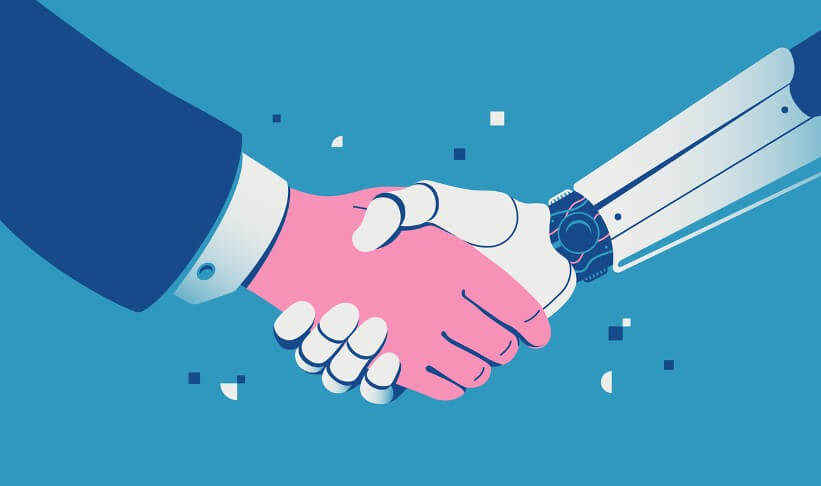DIGITAL LIFE

Company launches tool to help interpret employees' feelings
Companies that use data in their decision-making can experience growth of 15% to 25% above the market average, according to data from the McKinsey consultancy. It is no wonder that data-driven HR has been the key to more strategic people management and capable of transforming challenges into opportunities.
However, one question challenges many organizations: how to transcend quantitative data and understand the real feelings and perceptions of employees? This is where artificial intelligence (AI) emerges as a solution.
Pin People, a leading platform for organizational research and employee experience management, specialized in serving large companies throughout Brazil and Latin America, has launched the Comments Deep Dive, a tool that uses generative AI to deeply analyze the opinions of surveys applied to employees, providing richer and more personalized insights.
This innovation allows HR managers and leaders to explore complex and varied topics, enriching the information collected through open questionnaires, in addition to ensuring agile and impartial analyses of large quantities of responses, often thousands of comments, a humanly impossible task.
“Instead of limiting ourselves to 20 or 30 questions with closed answers — that is, when companies agree not to ask everything —, we want to go further to capture what really matters to people in their daily experiences at work,” highlights Frederico Lacerda, CEO of Pin People.
Comment Deep Dive: how does it work?...Comment Deep Dive is a tool that supports HR teams and leaders in reading and interpreting texts, facilitating the generation of qualitative analyses. For example: to understand employees’ perception of the work model, a company can use Pin People’s Comment Deep Dive tool.
Based on employees’ responses to one or more internal surveys with open questions or space for comments, the tool uses generative artificial intelligence to identify phrases related to the topic, detecting language patterns and grouping related topics, for example, “home office” or “quality of life”. Each phrase is analyzed to determine whether the sentiment of the text has a positive, negative or neutral tone. Finally, the tool compiles the results and provides a clear overview of employees' opinions on the topic in question, helping the company identify what is working well and what needs to be improved — including collecting and prioritizing suggestions made by respondents.
The new functionality is the first step towards transforming the traditional organizational listening process, which is often limited to predetermined questionnaires that do not reflect the true diversity of employees' thoughts and feelings.
“Traditional structured research is no longer adequate; in today's world, which puts people at the center, companies need to invest in a more qualitative, individualized and personalized employee experience. To achieve this, a fully structured and closed questionnaire tends not to be enough”, says Lacerda.
Personalization and efficiency...Already being applied to several clients and with expansion planned for 2025, this new solution represents a significant advance in the way companies can use artificial intelligence (AI) to meet emerging needs in human resources management. This development is in line with the trend of using technology to optimize processes and results.
According to a Gartner forecast, by 2025, around 60% of global companies are expected to adopt AI to perform predictive analysis that helps understand and anticipate patterns of engagement, turnover and performance of their employees.
Pin People’s Lacerda highlights that adopting AI to analyze new and existing data from companies can help optimize HR operations and increase the accuracy of talent engagement and development strategies, aligning people management practices with the dynamic demands of the global market.
This allows HR to explore additional topics and identify relevant insights that can influence strategic decisions, including changes in research methodologies. “By increasing the productivity and assertiveness of leaders and HR, it also offers personalization to employees. It is a mutual benefit that, if implemented correctly by organizations, can yield extraordinary results,” says the executive.
In addition, the implementation of the Feedback Deep Dive reflects a broader movement towards more human-centered work practices, recognizing that employees expect and deserve a more personalized approach from their employers.
“In the past, companies were at the center, and people needed to adapt to them. Today, the scenario has been reversed: people expect and demand from companies a more personalized experience focused on their individual needs,” says Lacerda.
mundophone

No comments:
Post a Comment